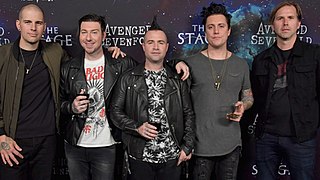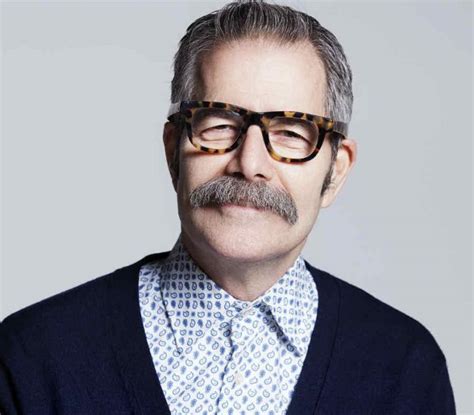A Quote by Stephen Covey
To ignore the unexpected (even if it were possible) would be to live without opportunity, spontaneity, and the rich moments of which "life" is made.
Related Quotes
There are moments that define a person's whole life. Moments in which everything they are and everything they may possibly become balance on a single decision. Life and death, hope and despair, victory and failure teeter precariously on the decision made at that moment. These are moments ungoverned by happenstance, untroubled by luck. These are the moments in which a person earns the right to live, or not.
In these pages, and in my memories, she reminds me that a short life can also be a good and rich life, that it is possible to live with depression without being consumed by it, and that meaning in life is found together, in family and friendship that transcends and survives all manner of suffering. As the poet wrote in the Bible's Song of Solomon, 'Love is strong as death.' Or perhaps even stronger.
When you look at the whole package of energy, the food you eat should match the story you want to live, which means: as fresh as possible, without dullness, repetition, and routine. As colorful as possible, giving delight to the eyes; food is a rainbow brought down to earth. As cheerful as possible, maximizing moments of happiness and pleasure.
And what made these heart-to-hearts possible--you might even say what made the whole friendship possible during that time--was this understanding we had that anything we told each other during these moments would be treated with careful respect: that we'd honor confidences, and that no matter how much we rowed, we wouldn't use against each other anything we'd talked about during those sessions.
Appealing to his [Einstein's] way of expressing himself in theological terms, I said: If God had wanted to put everything into the universe from the beginning, He would have created a universe without change, without organisms and evolution, and without man and man's experience of change. But he seems to have thought that a live universe with events unexpected even by Himself would be more interesting than a dead one.
I said I didn't think it would be a collectivist state so much as a wilderness in which most people lived hand to mouth, and the rich would live like princes - better than the rich had ever lived, except that their lives would constantly be in danger from the hungry predatory poor. All the technology would serve the rich, but they would need it for their own protection and to assure their continued prosperity.
I was in Korea. I've noticed all my life I see elderly people who have been close to death in an illness and they're absolutely cured and they say, now I know how to live my life. I've seen death. That happened to me when I was 19. It was a terrible, terrifying thing. And I live my life like those people decided to do when they were old. So, since I was 19, I've had the most fun possible every single day, even when I had a rough life. It was the army which taught me about life, and the theater which taught me how good it could be.




































